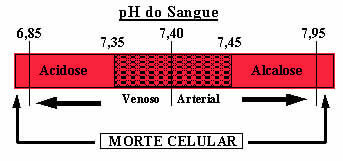Located in the northwest of the island of Borneo in Southeast Asia, Brunei is made up of two regions. discontinuous, separated by part of the territory of Malaysia, the country is bathed by the China Sea Southern.
Brunei was a British colony, only in 1977 the country's independence was obtained, however, its officialization took place only on January 1, 1984. The independence process was complicated, as the British had been exploiting since 1929 the large reserves of oil and natural gas existing in the colony, not wanting to give up this mineral wealth.
The main economic activity developed in Brunei is the exploration of mineral resources, with oil and natural gas as the main export products. Exploitation of large reserves of oil and natural gas guarantees the country one of the highest per capita incomes in Asia.
Agriculture is based on the cultivation of rice, coconut and rubber. However, the production of rice is not enough to supply the local demand, being necessary the importation of this product, which is the basic food of the national diet.

Brunei Coat of Arms
Brunei data:
Territorial extension: 5,765 km².
Location: Southeast Asia.
Capital: Bandar Seri Bagawan.
Climate: Equatorial rainy.
Government: Islamic Monarchy.
Administrative division: 4 districts.
Language: Malay (official), Chinese, English.
Religion: Islam 64.4%, traditional beliefs 11.2%, Buddhism 9.1%, Christianity 7.7%, Chinese folk beliefs 3.5%, others 2.9, no religion and atheism 1.2%.
Population: 399,687 inhabitants. (Men: 206,305; Women: 193,382).
Ethnic Composition: Malay 64%, Chinese 20%, Native ethnic groups 8%, Tamil 3%, other 5%.
Demographic density: 69 inhab/km².
Average annual population growth rate: 2.29%.
Population residing in urban areas: 75.24%.
Population residing in rural areas: 24.76%.
Life expectancy at birth: 76.9 years.
Human Development Index (HDI): 0.805 (very high).
Currency: Brunei Dollar.
Gross Domestic Product (GDP): US$ 12,388 million.
GDP per capita: US$31,759.
External relations: Apec, Asean, World Bank, Commonwealth, IMF, WTO, UN.
By Wagner de Cerqueira and Francisco
Graduated in Geography
Brazil School Team
countries - geography - Brazil School

